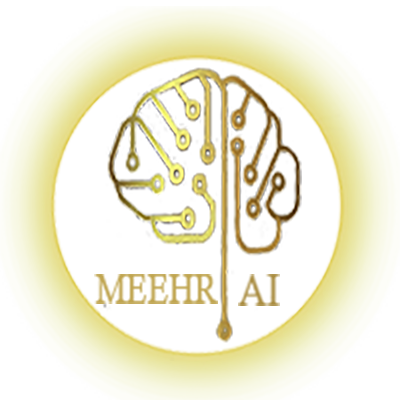آموزش و یادگیری زبان انگلیسی از صفر- جلسه اول
آگوست 27, 2023آموزش و یادگیری زبان انگلیسی از صفر تا صد- جلسه دوم
افعال بودن
در این نوشته برای متن هامون هم توضیح انگلیسی میگذاریم هم فارسی تا کاملا براتون مفید باشه. پس هر دو طرف ستون رو بخونید البته قسمت انگلیسی رو بلند بخونید.
افعال «بودن» چیست؟
افعال “بودن” عبارتند از: are، am، is، was، were، been . از آنها برای توصیف یا بیان وضعیت افراد، اشیا، مکان ها و ایده ها استفاده می شود. به عنوان مثال، آنها می توانند سن، ملیت، شغل یا سایر ویژگی ها را به ما بگویند.
What are “to be” verbs
To be verbs are: are, am, is, was, were, been and being. They are used to describe or tell us the condition of people, things, places and ideas. For example, they could tell us the subject’s age, nationality, job or other traits
بیایید یاد بگیریم که چگونه از افعال «بودن» به درستی استفاده کنیم.
Let’s learn how to use “to be” verbs correctly
اشکال “بودن” بر اساس زمان.
زمانهای انگلیسی زیادی وجود دارد، که موارد اصلی که استفاده خواهید کرد عبارتند از: حال، گذشته، حال استمراری و حال کامل
Forms of “To be” by tens
There are many English tenses, but the main ones you will use are present, past, present progressive and present perfect
اشکال ” بودن ” بر اساس فاعل
علاوه بر زمان افعال , انتخاب فاعل مناسب هم مهمه! یعنی فاعل هماهنگ با فعل (Subject Verb Agreement) انتخاب بشه . در قسمت بعدی تمام زمان ها همراه با فاعل مناسب شون اورده شده :
Simple present
I am
you are
he is
we are
you are
they are
Present progressive/continuous
I am being
you are being
he is being
we are being
you are being
they are being
Simple past
I was/were
you was/were
he was/were
we was/were
you was/were
they was/were
Past progressive/continuous
I was being
you were being
he was being
we were being
you were being
they were being
Present perfect simple
I have been
you have been
he has been
we have been
you have been
they have been
Present perfect progressive/continuous
I have been being
you have been being
he has been being
we have been being
you have been being
they have been being
Past perfect
I had been
you had been
he had been
we had been
you had been
they had been
Past perfect progressive/continuous
I had been being
you had been being
he had been being
we had been being
you had been being
they had been being
Future
I will/shall be
you will be
he will be
we will/shall be
you will be
they will be
Future progressive/continuous
I will/shall be being
you will be being
he will be being
we will/shall be being
you will be being
they will be being
Future perfect
I will/shall have been
you will have been
he will have been
we will/shall have been
you will have been
they will have been
Future perfect continuous
I will/shall have been being
you will have been being
he will have been being
we will/shall have been being
you will have been being
they will have been being
Conditional
Simple
I would/should be
you would be
he would be
we would/should be
you would be
they would be
Progressive
I would/should be being
you would be being
he would be being
we would/should be being
you would be being
they would be being
Perfect
I would/should have been
you would have been
he would have been
we would/should have been
you would have been
they would have been
Perfect progressive
I would/should have been being
you would have been being
he would have been being
we would/should have been being
you would have been being
they would have been being
منفی کردن افعال to be
برای منفی کردن افعال to be بعد از آنها not استفاده می کنیم.
| SHORT FORM | TO BE + NOT | SUBJECT |
|---|---|---|
| I’m not | am not | I |
| You’re not/You aren’t | are not | You |
| He’s not/He isn’t | is not | He |
| She’s not/She isn’t | is not | She |
| It’s not/It isn’t | is not | It |
| We’re not/We aren’t | are not | We |
| You’re not/You aren’t | are not | You |
| They’re not/They aren’t | are not | They |
فرم کوتاه در زبان گفتاری یا در نوشتار غیر رسمی استفاده می شود.
The short form is used in spoken language or in informal writing
سوالی کردن افعال to be
برای سوالی کردن این افعال (to be) فقط کافی است این افعال را به اول جمله منتقل نماییم.
